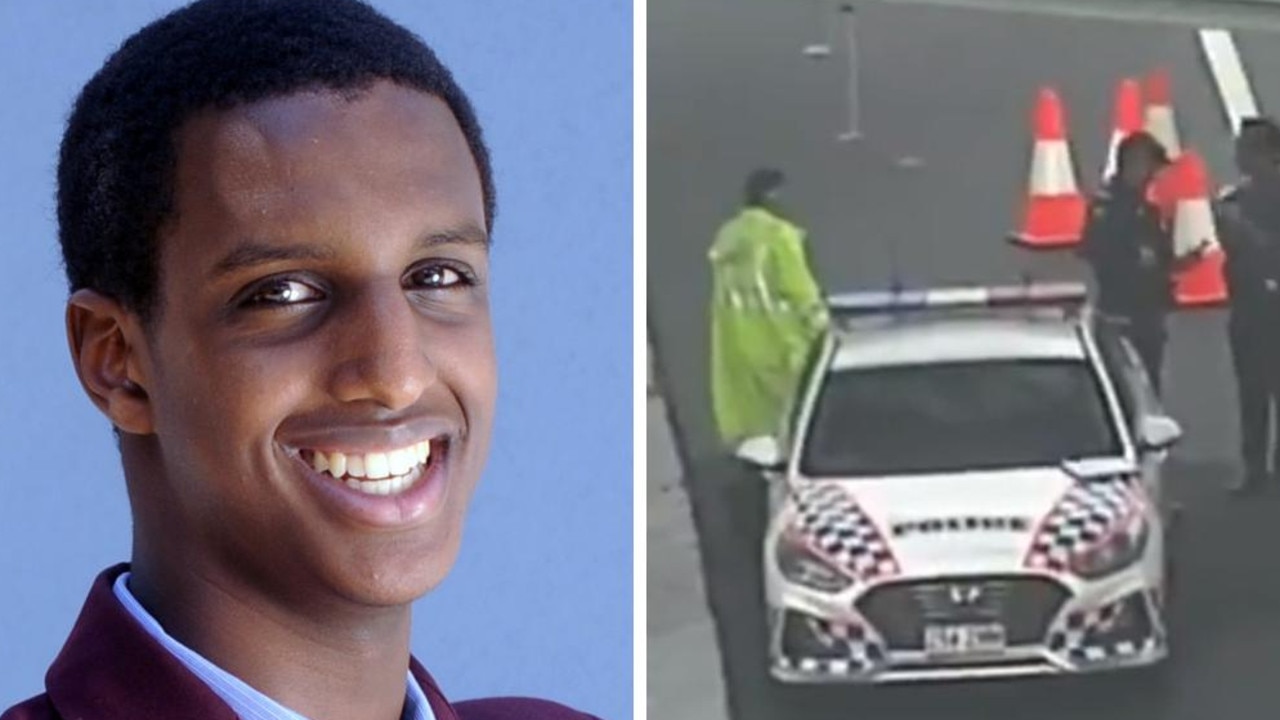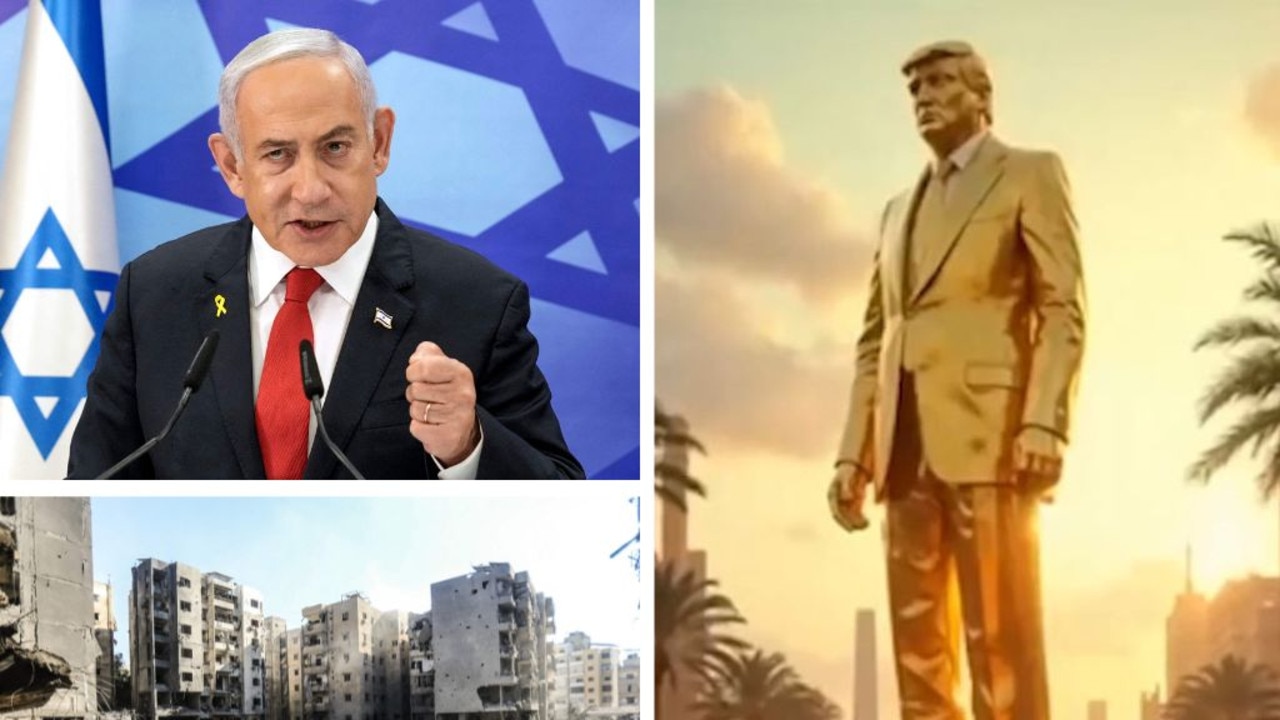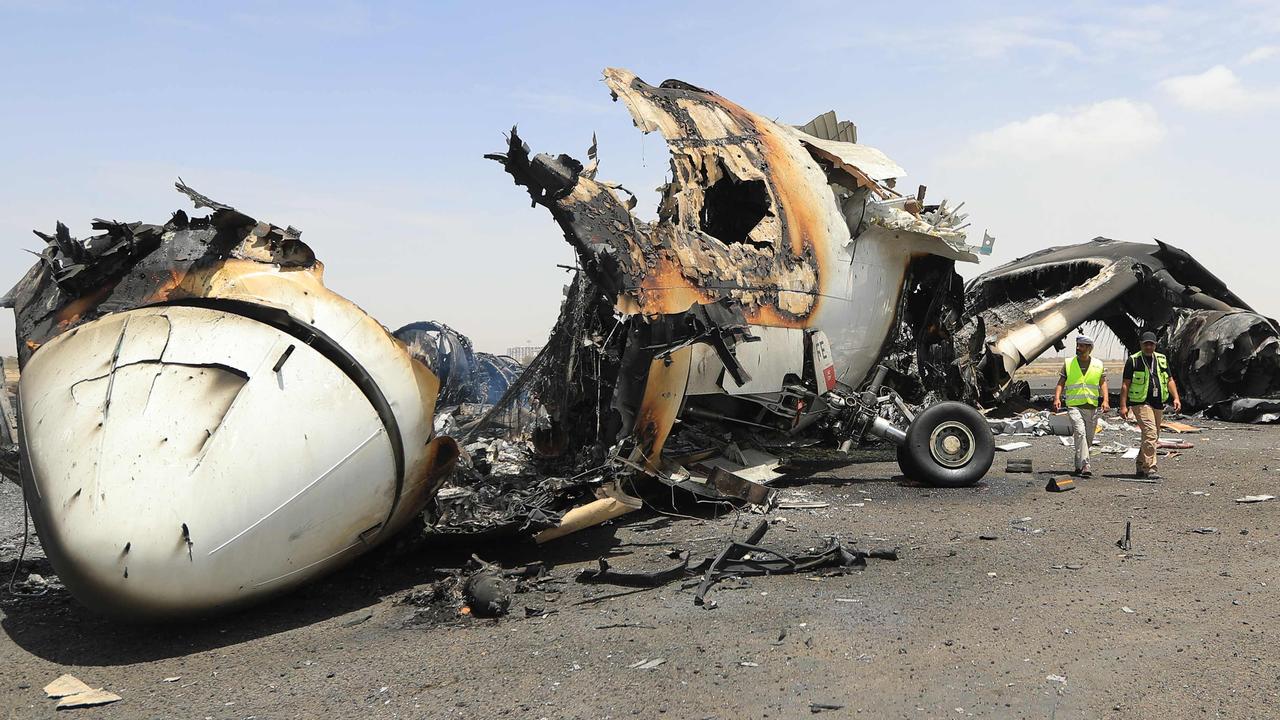Lebanon on the Brink: Israel invasion threatens to turn nation into ‘failed state’
Experts fear Israel’s increasing hunger to take its fight against Hezbollah deep into Lebanon could lead to the complete collapse of the fragile country.

ANALYSIS
Just when you thought things couldn’t get worse for Lebanon.
Central Beirut was flattened in 2020 when an abandoned warehouse filled with fireworks and ammonium nitrate detonated in its port, its currency collapsed in 2019, and it hasn’t had a president since 2022.
Now, its powerful, Western-backed neighbour Israel is conducting “limited, localized, and targeted” ground operations within its borders.
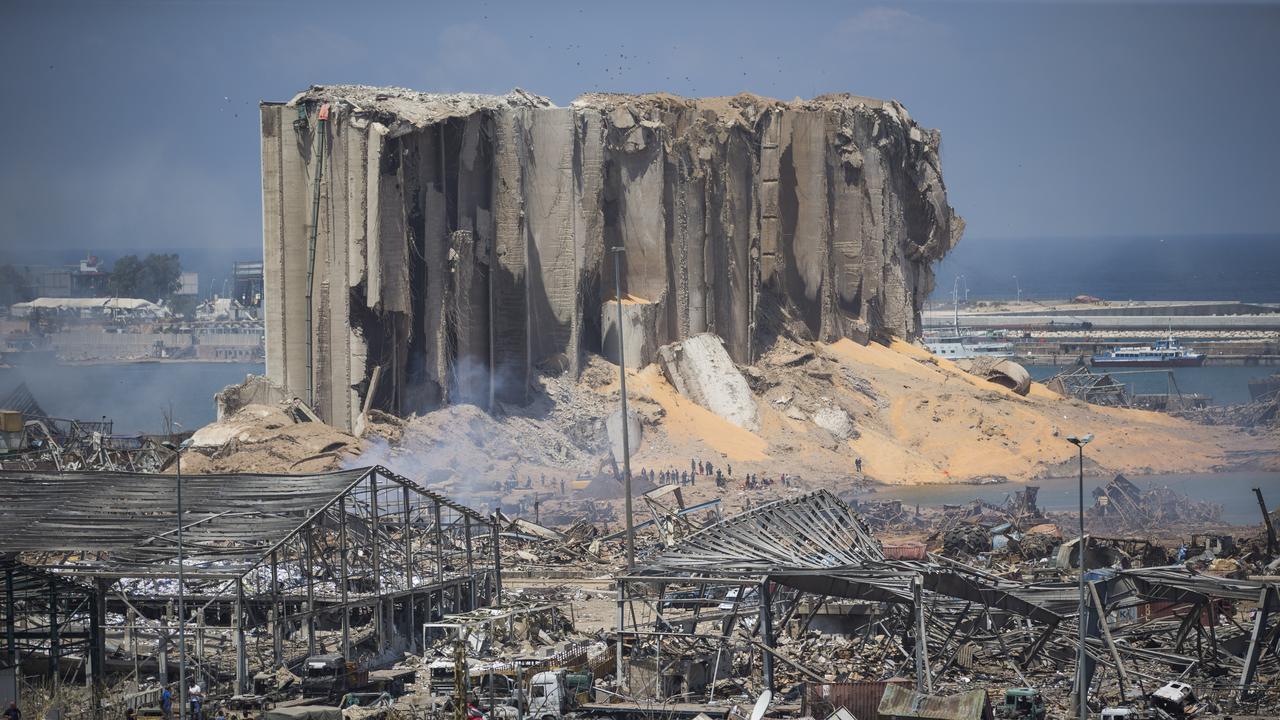
Eyewitness accounts and posts on social media show the months-old threat by Prime Minister Benjamin Netanyahu’s far-right coalition government to cross the border is underway.
Israel Defence Force (IDF) tanks, armoured fighting vehicles and troops have been massing nearby for weeks. Now, there are reports of “reconnaissance” raids into southern Lebanon to identify the location of the terrorist organisation Hezbollah’s defences ahead of a major assault.
Yesterday, the IDF declared a large part of Israel’s border region to be a “closed military zone”.
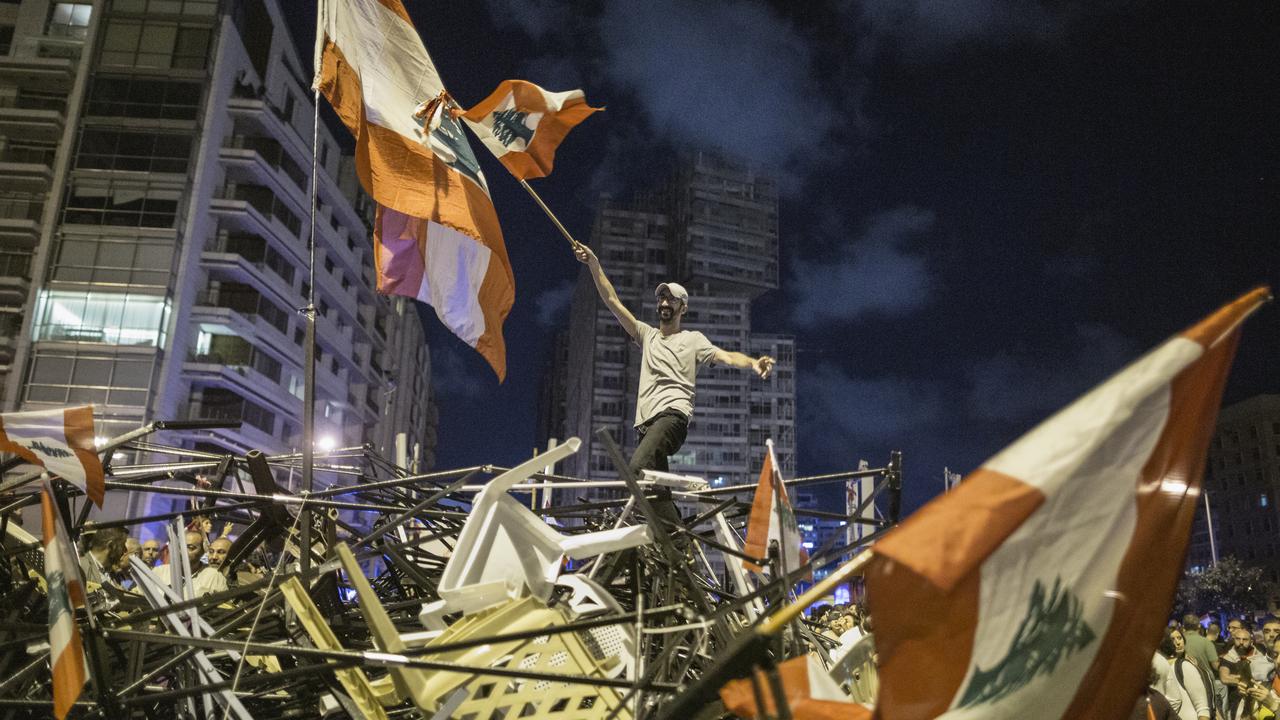
Speculation over Netanyahu’s plans range from “small, targeted raids” to a full-blown renewal of the 1982 to 2000 military occupation of Southern Lebanon that resulted in the creation of Hezbollah as a resistance force in the first place.
Israel states its latest war objective is to force Hezbollah fighters to retreat beyond the Litani River in the middle of Lebanon, outside of easy striking range of northern Israeli settlements. Government officials insist this is necessary for an estimated 60,000 residents to return to their homes.
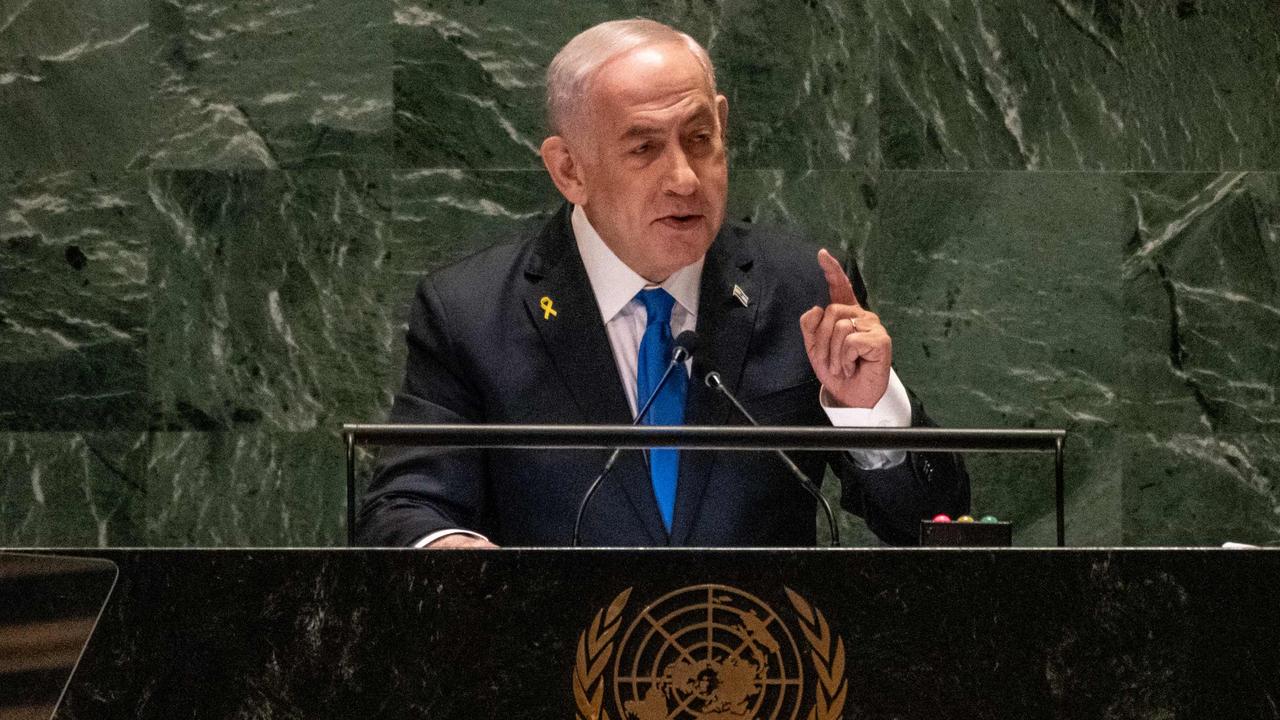
Meanwhile, the United Nations says one million Lebanese civilians are fleeing north to avoid the fighting.
It’s a scenario filled with echoes of more than 80 years of regional conflict.
And few of the lessons of these past events appear to have been learned.
“Perhaps lost in the debates about whether Israel can defeat Hezbollah, how Iran will respond and who will ultimately win, is the possibility that Lebanon could fail as a state if this war escalates, warns Nottingham Trent University international relations expert Dr Imad El-Anis.
“The current conflict could destabilise Lebanon to such an extent that there is even potential for a second civil war. This would serve no one’s interest. An unstable, devastated and failing Lebanon will only have negative ramifications for all in the Middle East, including Israel.”
When history rhymes
“Israel views the present conflict with Hamas and Hezbollah as an existential one ultimately directed by Iran. However, if the Israeli government thinks security can only be achieved by military means, its own experience in Lebanon should be a warning,” argues University of Sydney Professor Emeritus Michael Humphrey.
It’s not the first time Israel has invaded Lebanon.
It’s done so in 1978, 1982 and 2006.
“Israel has sought to defeat and deter its paramilitary enemies, first the PLO and then Hezbollah, through the use of assassinations, military strikes and invasions dating back to the Lebanese Civil War,” Humphrey adds.
Lebanon’s civil war - a conflict between its Israel-backed Christian and Arab-backed Islamic communities (including tens of thousands of Palestinian refugees forced from their homes by Israel) -was in full swing when Israeli troops and tanks crossed the border in 1976.
The PLO had grown in popularity among the 750,000 people crammed into refugee camps in Lebanon, Egypt, Syria, Iraq and Jordan.
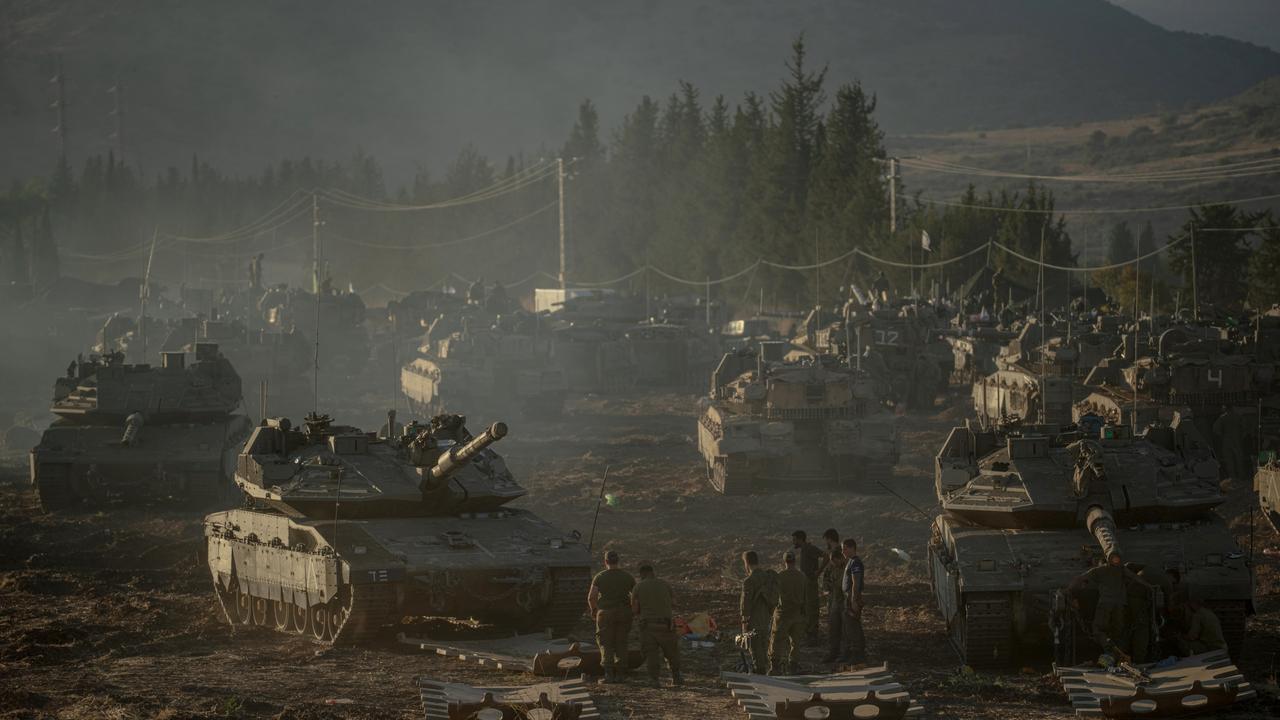
Operation Litani was launched after the 1972 Munich Olympics terror attack on Israeli competitors. Its goal was to establish a “security buffer zone” to keep Palestinian Liberation Organisation (PLO) fighters away from Israel’s annexed territories.
But UN pressure compelled Israel to withdraw a few months later.
Israel invaded Lebanon again in 1982. This time, Defense Minister Ariel Sharon, a future prime minister, launched Operation Peace for Galilee. He wanted to “eliminate” the PLO, and as part of this goal, the IDF laid siege to the capital, Beirut.
“The results were catastrophic for the whole region,” argues Middle East analyst Dr Mireille Rebeiz.
“Not only did the ground invasion result in the death of thousands of civilians, the occupation of Lebanon plunged an already fragile nation into lasting political and economic chaos and led to the birth of Hezbollah, the very group that threatens northern Israel today.”
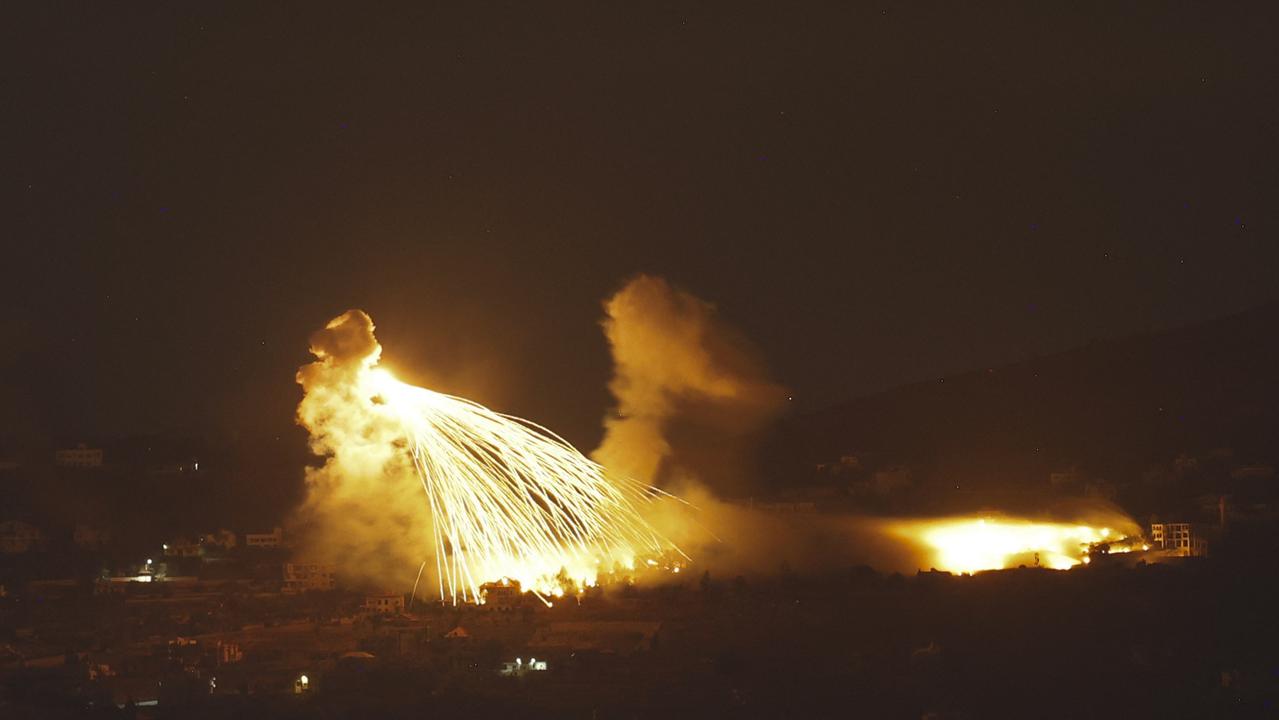
Israel continued its controversial military occupation of south Lebanon until 2000. It retreated in the face of growing casualties under Hezbollah-led bombings and guerilla warfare.
“After occupation ended in 2000, Hezbollah had to reinvent its role, claiming that it would continue fighting against Israel until the liberation of the disputed Shebaa Farms, the Golan Heights and occupied Palestine,” adds Dr Rebeiz.
Prime Minister Ehud Olmert launched another invasion in 2006, vowing to “change the equation” as Hezbollah launched sporadic terror attacks into Israel. But nothing changed once Israel withdrew after accepting a UN-brokered ceasefire.
Failed state
“Israel’s preference would be for the Lebanese Army to establish and effectively control the border, but this is wishful thinking,” argues Professor Humphrey. “The Lebanese state is in deep political and economic crisis and has limited sovereignty.”
Lebanon is a small country. It covers just 10,000 sq/km. Its population is shy of six million. But it is occupied by dozens of diverse ethnic and religious communities - the most prominent among them being ancient Christian sects and Muslims.
Religious intransigence caused the nation’s constitution to allocate specific offices to specific groups.
The president must be a Masonite Christian. The prime minister is a Sunni Muslim. The speaker of parliament is a Shia Muslim.
And the machinery of government was designed to run along corporate lines in an attempt to avoid religious and political conflict.
The result is chaos.
“Lebanon is a vulnerable country that has been plagued by devastating economic and political crises, corruption, human rights violations and a breakdown in trust between the government and society over the past decade,” says Dr El-Anis.
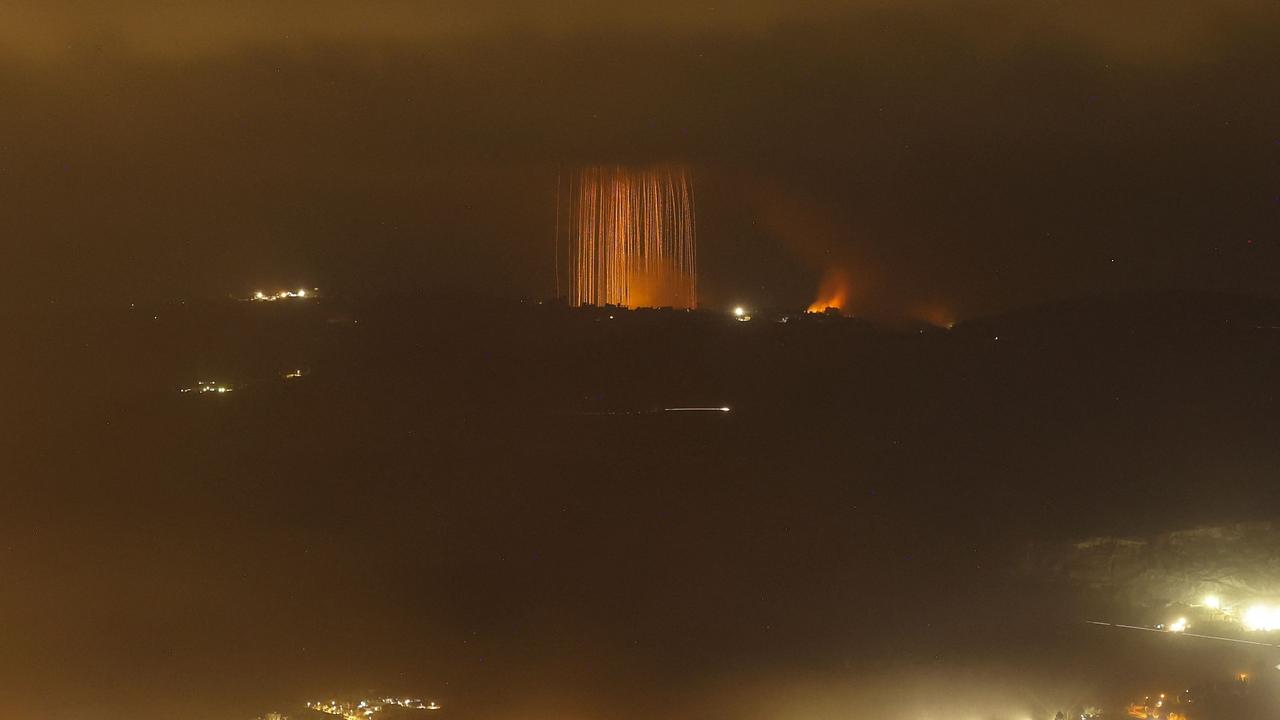
“In many ways, Lebanon has not had a fully functioning set of state institutions for much of the past five years. Intense political rivalries and divisions between political parties has meant that the government cannot fully function.”
It’s a scenario that has enabled Hezbollah to create for itself as a state within the state.
It won widespread public legitimacy in the face of Israeli human rights abuses during its 18-year occupation. It seeks to build on this by providing charity, medical, and social services to its Sunni communities.
It grew into a powerful political force.
“Hezbollah has long operated outside the control of the state and, at the same time, has been able to veto cabinet decision-making through its elected members of parliament,” Professor Humphrey adds.
“(But) while there was widespread support for Hezbollah in 2006 for its resistance against the IDF invasion, the present economic and political crisis in Lebanon is exceptionally precarious, making popular support for Hezbollah more ambivalent.”
Future tense
“Turning Beirut into another Gaza is likely to achieve the very opposite to the security (Israel) seeks,” argues Professor Humphrey.
“If the Lebanese state collapses, it will only spread the fragmentation brought by war witnessed in Syria and Iraq.
“And it leaves the aspirations of Palestinian statehood as a lightning rod for future Palestinian generations and a cause for regional mobilisation against Israel and US influence in the Middle East.”
But Israel is showing every sign of intending to do so.
“The elimination of Nasrallah is an important step but not the final one. To ensure the return of Israel’s northern communities, we will employ all of our capabilities, and this includes you,” Israeli Defense Minister Yoav Gallant told the 188th Armoured Brigade in northern Israel yesterday.
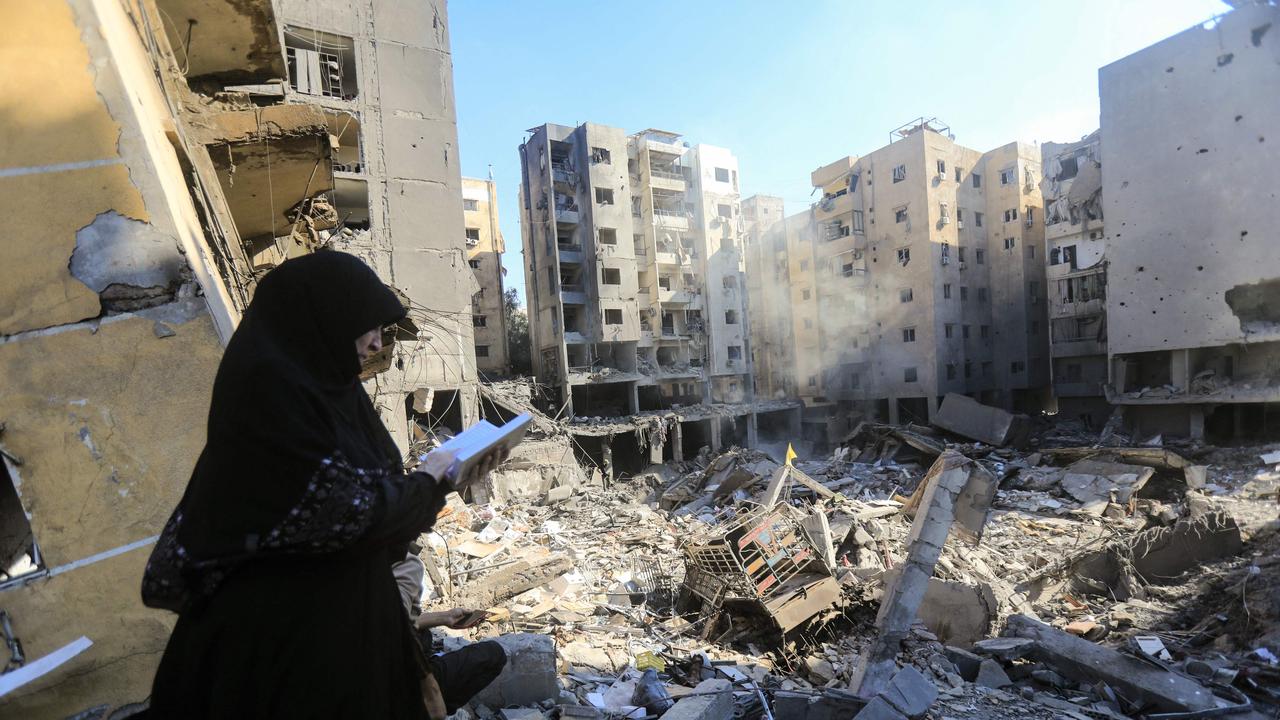
Prime Minister Netanyahu’s critical political ally - ultranationalist National Security Minister Itamar Ben Gvir - earlier this year demanded Israel invade Lebanon to destroy Hezbollah in its entirety.
“That’s a war that would destroy our enemies,” he said in March. “Even if they’re pushed back from the border, even if there’s a security zone, even if they move a bit — you can’t just leave people behind whose entire purpose and essence is to destroy the State of Israel.
“What they don’t do in six months they will do in a year, and what they don’t do in a year they will do in two,” he added. “We must not leave this to our children. Not in the south and not in the north.”
Whether or not the embattled Netanyahu - who faces fierce criticism for allowing the October 7 terror attacks that triggered the ongoing war, as well as unrest over attempts to stifle the nation’s Supreme Court and evade corruption charges - will give Gvir what he wants is yet to be seen.
“Israel claims its escalating attacks on Lebanon are justified as part of its broader war against Hezbollah, Hamas, and Iran’s axis of resistance,” adds Professor Humphrey.
“Yet the strikes weaken Benjamin Netanyahu’s control over the conflict and may sow the seeds of future wars.”
Another Israeli occupation could be the straw that breaks the camel’s back.
“Even short wars tend to have devastating economic effects that last long after the fighting ends,” Dr El-Anis argues. “If history tells us anything about the current conflict, we can expect a prolonged and intense fight between Israel and Hezbollah – one that is going to involve Israeli troops on the ground in Lebanon. This war could very easily destroy the Lebanese economy, bringing the entire country to the point of collapse.”




